Urban Agriculture Offers Pigs in the City
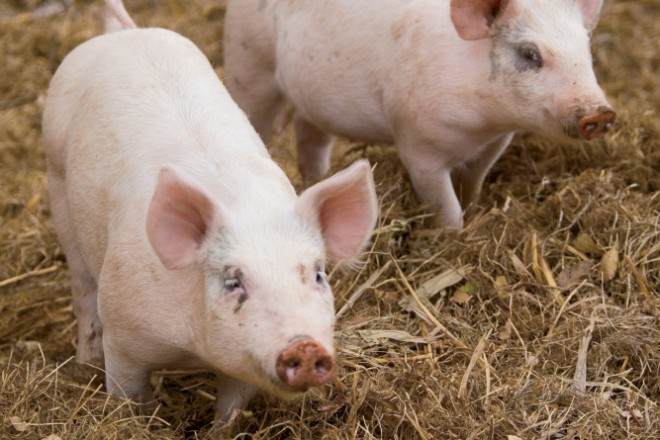
Students at Riverdale High School in Murfreesboro are proving you don’t have to live on a farm to be involved in agriculture. The majority of Riverdale ag teacher Michael Shirley’s 300 students live within city limits or in neighborhoods, so the former Rutherford County 4-H agent decided to bring the farm to them.
“I’m an urban ag kid myself – I was raised in Murfreesboro, but I enjoyed participating in 4-H and FFA,” says Shirley, who started teaching at Riverdale High School in February 2015. “Agriculture is really about experiential, hands-on learning, so we’re trying hard to give students those experiences with our greenhouses, small and large animal labs, and farm animals. Agriculture was my favorite class in high school, and I try to make it that way for my students.”
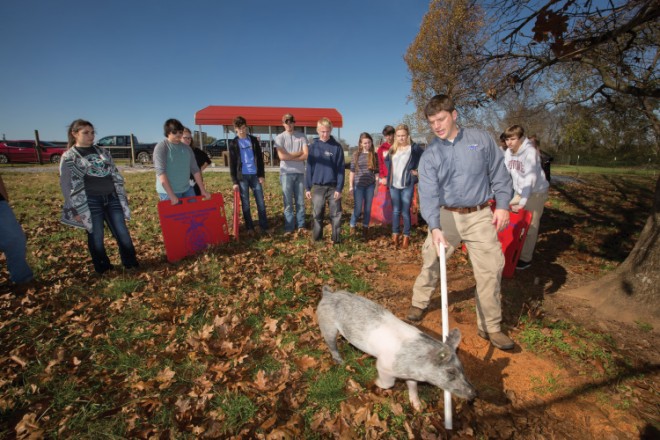
Animal Care 101
Riverdale ag students have the opportunity to purchase and care for their own hogs between October and February, and sheep in the spring and summer months. Since urban students don’t have a place to keep their animals, the school built a makeshift barn with stalls in 2016 where the animals can be kept and cared for. They also raise chickens.
“We use the term ‘barn’ loosely,” Shirley says with a chuckle. “It’s our barn, but it’s really a concrete pad with a carport over it. Our ag mechanics students are framing it in, and two students are doing a science fair project on it comparing different siding materials, metals and lumber to see which makes most economical sense.”
In October 2015, Shirley and his agriculture students traveled to a farm in West Tennessee where they bought their own pigs. They toured the farm’s nursery, weaning floor, and breeding areas and saw a 700-pound boar.
“The students buy their own pig and its food, and we provide a place for them to keep it as well as transportation to shows and the slaughterhouse at the end of the project,” Shirley says. “Once the hogs are processed, the kids can keep the meat for their own consumption. We’re even curing hams and bacon at school. The project allows them to take their hog from weaning to their own dining table. Students learn that the animal’s purpose is to provide food, and we take good care of them and treat them humanely until it’s time to process them.”
Here an Oink, There an Oink
Senior Hailey Mears grew up “in the middle of suburbia” but always wished she could show hogs.
“I was completely obsessed with pigs ever since I saw the movie Babe,” she says. “My parents said I could only get a pig if I found a place to keep it. With Mr. Shirley’s help, I bought my first pig in the summer of 2015 for $60 on Craigslist. Before we had the barn at school, he let me keep it at his farm.”
Mears named her first pig Popcorn because that’s what the animal liked to eat.
“I learned how to feed her, care for her and show her at shows,” she says. “The end result is slaughter, so I learned you have to love them while you have them. I did cry a little when she went.”
In fall 2015, Mears bought two more pigs, which she named Red and Blue.
“The hogs definitely taught me the value of hard work,” she says. “Hogs don’t want to show – they’d rather sleep. You have to spend hours training them and be in tune with your animal. At show time, you have five minutes in a ring to show off what you’ve worked on for six months. My first pig took off through the ring with me chasing her. I spent more time with my second pig, and she did everything I wanted her to.”
Senior Carey Tolbert agrees.
“When it comes to showing hogs, it takes hard work and dedication to be your best,” he says. “I’ve learned there are many benefits in agriculture and lots of doors to go through. I plan to attend MTSU [Middle Tennessee State University] next fall and pursue my goal to become a veterinarian.”
Mears plans to study agricultural education in college and become an ag teacher.
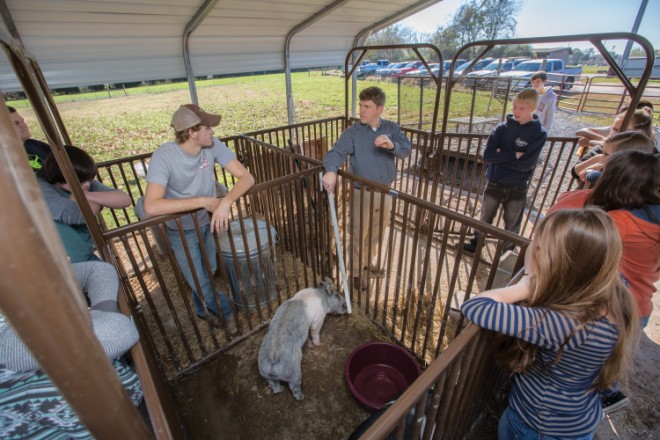
Junior Colton Messick has fond memories of riding on his grandfather’s tractor as a child, so farming has always interested him. Though he doesn’t live on a farm, his home has enough land for him to have his own garden, chickens and quail.
He bought a $100 hog for his agriculture project and won his division in showmanship at a hog show at MTSU in January 2016. His hog was named Oreo.
“I enjoyed the hog project. It was definitely time consuming because you have to fool with them a lot to get them to show,” Messick says. “It was a little sad to see him go, but he was good for breakfast. We got bacon, sausage and ground pork from him.”
Messick works on a beef cattle farm in Fosterville when he isn’t in school and hopes to become a diesel mechanic after high school.
“It pays pretty well, and I would like to earn enough money to buy my own farm and have my own cows some day,” he says. “That’s my dream.”
For Shirley, teaching agriculture is rewarding because he gets to see his students make discoveries as a result of their own hard work.
“There are so many great lessons in agriculture,” he says. “I try not to tell them the answers but guide them to discover them on their own. They learn responsibility because their animals depend on them. They learn there are consequences to the choices they make. They learn financial lessons, like how much a hog costs and the different prices of food. Best of all, they get to put what they learn into action.”




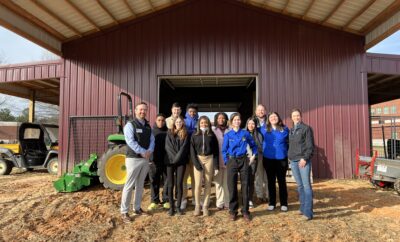
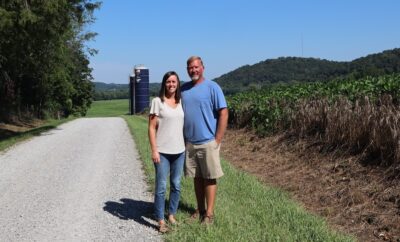
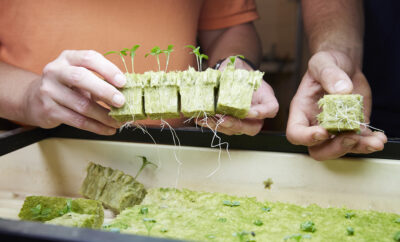
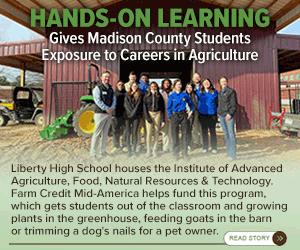






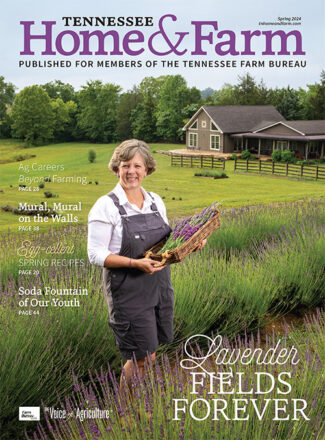
Leave a Comment